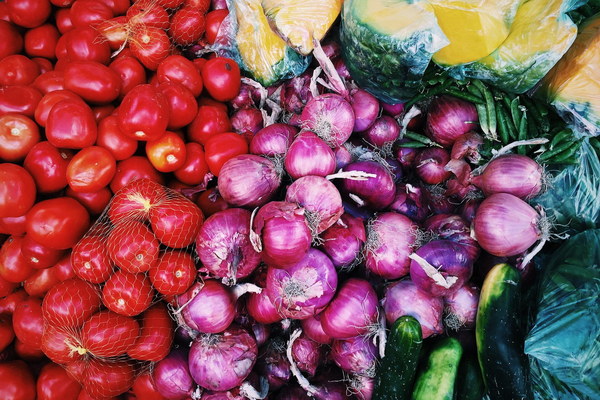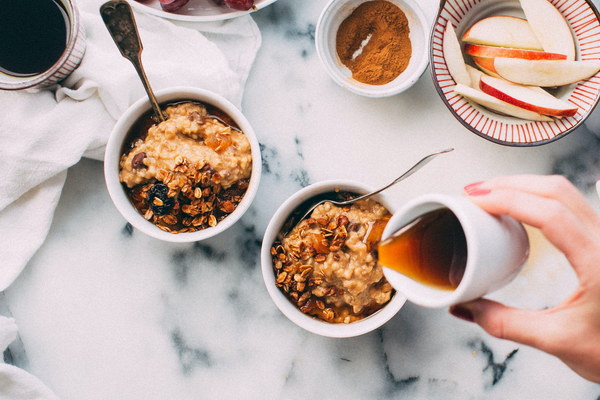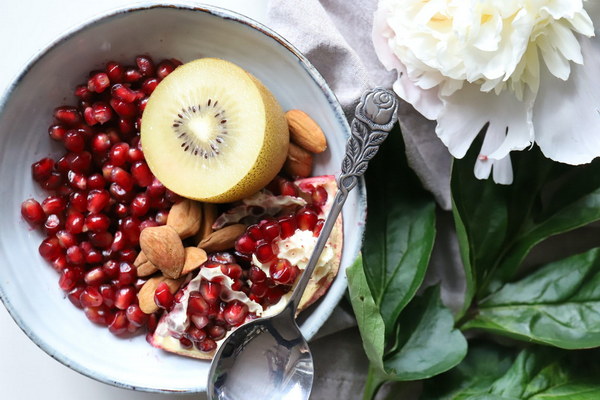Can Green Tea Really Help Exterminate Dampness
In traditional Chinese medicine, dampness is considered a common and pervasive problem that can lead to a variety of health issues. Many people turn to green tea as a natural remedy to alleviate dampness. But can green tea really help get rid of dampness? Let's explore the benefits of green tea and its potential effects on dampness.
Firstly, it's important to understand what dampness is. In Chinese medicine, dampness is a concept that refers to a collection of symptoms, such as fatigue, heaviness in the body, and a feeling of coldness, which are believed to be caused by an excess of dampness in the body. This excess dampness is thought to result from poor diet, environmental factors, and other internal imbalances.
Green tea, on the other hand, has been consumed for centuries in China and other Asian countries, and it is renowned for its numerous health benefits. One of the main reasons why green tea is believed to help alleviate dampness is its diuretic properties. Diuretics are substances that increase urine production, which can help the body eliminate excess fluid and toxins.
The primary active compound in green tea is called catechins, which are a type of flavonoid. Catechins have been shown to have a variety of health benefits, including anti-inflammatory, anti-oxidant, and anti-carcinogenic properties. These properties make green tea a popular beverage for those looking to improve their overall health and wellness.
When it comes to dampness, the anti-inflammatory and anti-oxidant properties of green tea may be particularly beneficial. These properties can help to reduce the inflammation and oxidative stress that are often associated with dampness. Additionally, the diuretic effect of green tea can help to remove excess dampness from the body, thereby reducing symptoms such as fatigue and heaviness.

However, it is important to note that while green tea may offer some relief from dampness symptoms, it is not a cure. To effectively address dampness, a holistic approach that includes diet, lifestyle changes, and possibly other forms of treatment may be necessary.
In terms of diet, avoiding foods that are known to exacerbate dampness is crucial. These include heavy, greasy, and cold foods, as well as dairy products. Instead, focus on a diet that includes warm, cooked foods, such as soups and stews, and fresh, organic vegetables and fruits.
Lifestyle changes can also play a significant role in reducing dampness. Regular exercise, adequate rest, and stress management are all important factors in maintaining a healthy balance within the body. Additionally, certain herbal remedies and acupuncture may also be beneficial in addressing dampness.
In conclusion, while green tea may not be a magic bullet for dampness, its diuretic, anti-inflammatory, and anti-oxidant properties may offer some relief from dampness symptoms. To effectively manage dampness, a combination of diet, lifestyle changes, and possibly other forms of treatment is recommended. If you are experiencing symptoms of dampness, it is best to consult with a healthcare professional for personalized advice and treatment.









